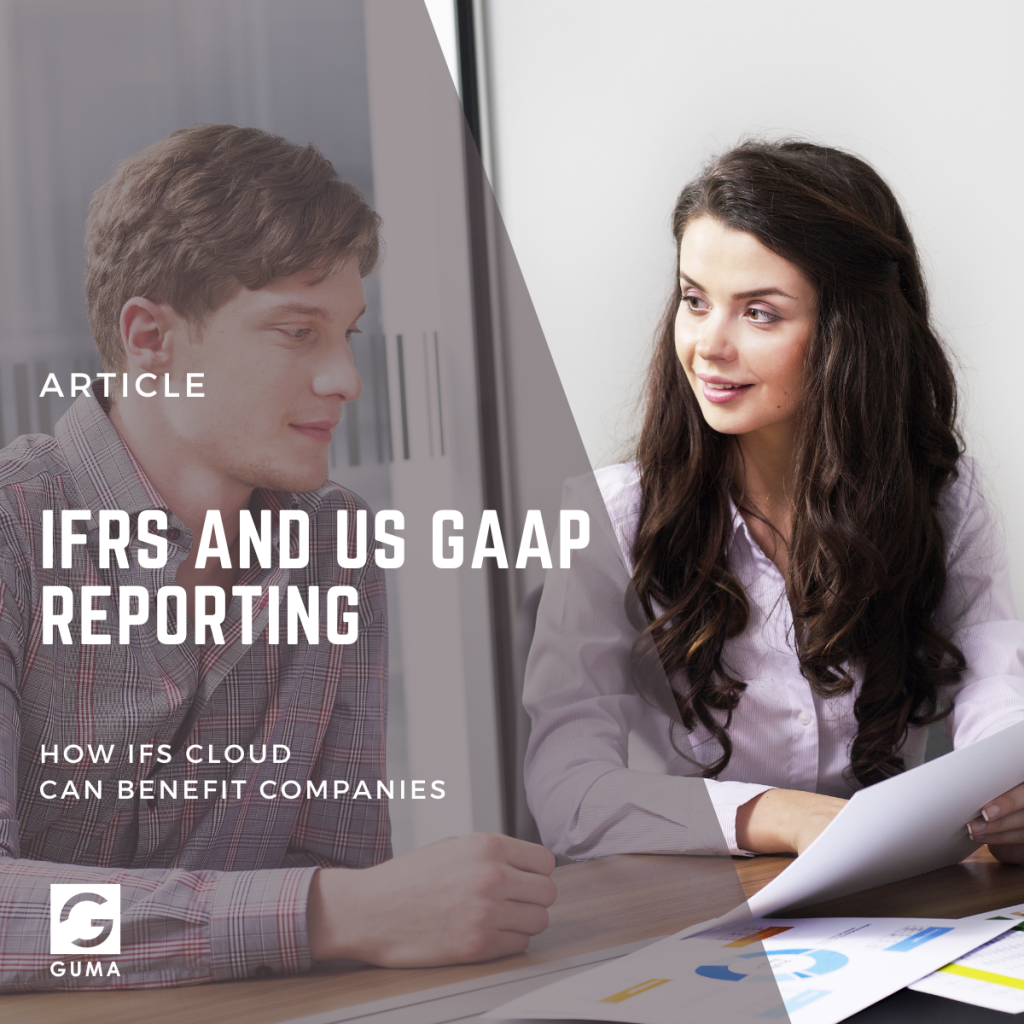Understanding IFRS and US GAAP Reporting Standards
What are IFRS and US GAAP?
- IFRS (International Financial Reporting Standards): Developed by the International Accounting Standards Board (IASB), IFRS is a set of global accounting standards for financial reporting. IFRS aims to bring transparency, accountability, and efficiency to financial markets around the world.
- US GAAP (Generally Accepted Accounting Principles): These standards are used by U.S. companies and are established by the Financial Accounting Standards Board (FASB). US GAAP provides guidelines on how financial statements should be prepared and presented in the United States.

Why Do These Standards Exist? Both IFRS and US GAAP are designed to ensure consistency, reliability, and comparability of financial statements. They help investors, regulators, and other stakeholders make informed decisions by providing a clear and consistent framework for financial reporting.
Who Needs These Reporting Standards?
- Public Companies: Listed companies must adhere to these standards to ensure transparency for investors.
- Multinational Corporations: Companies operating in multiple countries use these standards to streamline reporting across different jurisdictions.
- Regulatory Compliance: Many countries mandate the use of IFRS or US GAAP for financial reporting to maintain regulatory compliance.
How IFS Cloud Benefits Companies in IFRS and US GAAP Reporting
Key Functionalities of IFS Cloud IFS Cloud offers robust functionalities that support both IFRS and US GAAP reporting requirements. Here’s how it helps:
- Lease Accounting Compliance:
- IFRS 16 and ASC 842 Compliance: IFS Cloud provides comprehensive support for lease accounting under IFRS 16 and ASC 842. This includes the ability to recognize leases as assets and liabilities on the balance sheet, manage lease contracts, and automate depreciation and interest calculations.
- Automated Amortization Schedules: The system generates amortization schedules for right-of-use assets, ensuring accurate and timely recognition of lease expenses.
- Multi-currency and Multi-company Support:
- Global Operations: IFS Cloud supports multi-currency transactions and multi-company operations, essential for multinational corporations. This ensures financial statements are accurate and compliant across different regions.
- Contract Management:
- Centralized Contract Repository: IFS Cloud allows companies to maintain a centralized repository for all lease contracts, facilitating easy access and management.
- Terms and Conditions Management: Users can define and manage the terms and conditions of each contract, including payment schedules, interest rates, and other critical details.
- General Ledger Integration:
- Automated Journal Entries: IFS Cloud automates the generation of journal entries for lease transactions, reducing the risk of manual errors and ensuring compliance with accounting standards.
- Detailed Voucher Information: The system provides detailed voucher information for all transactions, enhancing transparency and auditability.
- Comprehensive Reporting and Disclosure:
- Standard and Custom Reports: IFS Cloud offers a range of standard reports and the flexibility to create custom reports, ensuring all required disclosures are met.
- Real-time Data Access: With real-time access to financial data, companies can quickly generate reports and respond to stakeholder inquiries.
Benefits of Using IFS Cloud for IFRS and US GAAP Reporting
- Enhanced Compliance:
- Legal Mandates: IFS Cloud helps companies stay compliant with legal mandates for financial reporting, such as those imposed by IFRS 16 and ASC 842.
- Accurate Financial Statements: The automated features reduce the likelihood of errors, ensuring that financial statements are accurate and reliable.
- Efficiency and Productivity:
- Automation: By automating complex calculations and journal entries, IFS Cloud significantly reduces the time and effort required for financial reporting.
- Streamlined Processes: The integrated system streamlines financial processes, from contract management to general ledger postings, improving overall efficiency.
- Improved Decision-Making:
- Real-time Insights: Access to real-time financial data and comprehensive reports enables better decision-making and strategic planning.
- Transparency: Enhanced transparency in financial reporting builds trust with investors and stakeholders.
- Scalability:
- Adaptability to Growth: IFS Cloud is scalable to accommodate the growing needs of a business, making it suitable for companies of all sizes and industries.
In conclusion, IFS Cloud provides a comprehensive solution for companies looking to comply with IFRS and US GAAP reporting standards. Its robust functionalities, automation capabilities, and real-time insights ensure accurate, efficient, and compliant financial reporting. This not only enhances regulatory compliance but also supports better business decision-making and growth.
